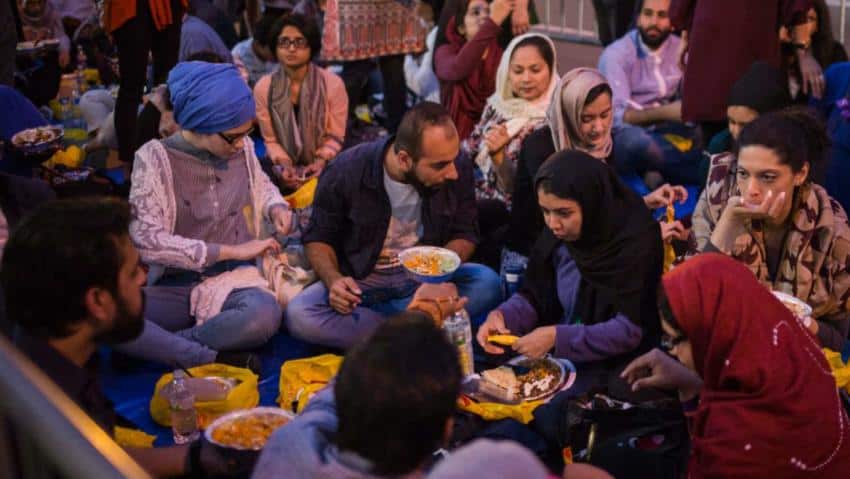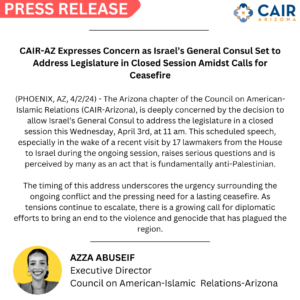A decade ago, while living and working in Jakarta, Indonesia – the capital city of the world’s most populous Muslim majority country – I participated in the month long Ramadan fasting at the urging of my Indonesian friends.
My effort to eat and drink only in the hours before sunrise and after sunset, however, lasted all of a week, before I gave in to the odd midday snack along with my usual intake of water. Complying with the principles of Ramadan was one of the hardest things I have ever set out to accomplish, and I failed miserably.
The experience, however, gave me a renewed appreciation of the faith, particularly as there’s something undeniably beautiful and moving about a collective commitment to either a purpose greater than oneself or a quest to heal the individual and community through appeals to a just, high power.
“There’s definitely a sense of respect for the fact that we are sacrificing food and water for such a huge part of the day, and then the time of breaking fast (Iftar) represents a unique opportunity to sit down with community members and allies – and everyone else is able to connect over a shared meal,” Imraan Siddiqi, executive director for CAIR, Arizona, told me.
I’m not a religious person, and until I experience my very own Damascene moment, I’ll continue to doubt the probability there’s a cosmic power guiding and shaping the events and whims of the observable universe. But when I see Muslims around the world coming together during Ramadan, it makes me realise how much our communities have lost with the decline of religion and rise of secular nationalism.
For clarification, by “religion”, I’m referring to a personal and private commitment to God, and not the highly public and political perversion of faith we see among fundamentalist groups like the Christian right, or the Islamic State group.
Certainly, lamenting the decline of religious belief may not reflect the western trend towards secularism. But when I look at today’s younger generation – one that is far less religious than any of its predecessors, and one I have a front row seat on with a son and daughter aged 23 and 18 respectively – they seem more isolated and disconnected from each other than ever before.
Paradoxically, the more connected we, as a society, become online, the more disconnected we become from each other offline, or rather in our real day-to-day lives. Essentially, we are losing a sense of community or collective purpose, that can make us feel alone and inconsequential.
“Ramadan is a potent month that inspires Muslims to see beyond their individual circumstances, and cooperate with groups to uplift the most vulnerable members of the community,” Professor Khaled Beydoun, and author of American Islamophobia: Understanding the Roots and Rise of Fear, told me.
While correlation must never be mistaken for causation, there’s no denying the fact that the decline of religious belief in the United States and most parts of the western world is happening at the same time as suicide, drug abuse and mental health issues spike upwards.
I fight with panic attacks for 10 years already. And only 2 recent years seem to be overcoming the disease. The situation changed due to Xanax. I stumbled on an ad at https://xanaxtreatanxiety.com and told my doc about it. He said it’s worth trying and the drug turned out to be really good. I still have some single episodes of panic, yet they are far rarer than before.
Nearly 50 percent of all Americans aged 18-44 now identify as non-religious, which is more than double the number among those aged 65 and older (21 percent), with fewer than half of the entire country now considering religion to be “extremely” or “very” important in their day-to-day lives.




